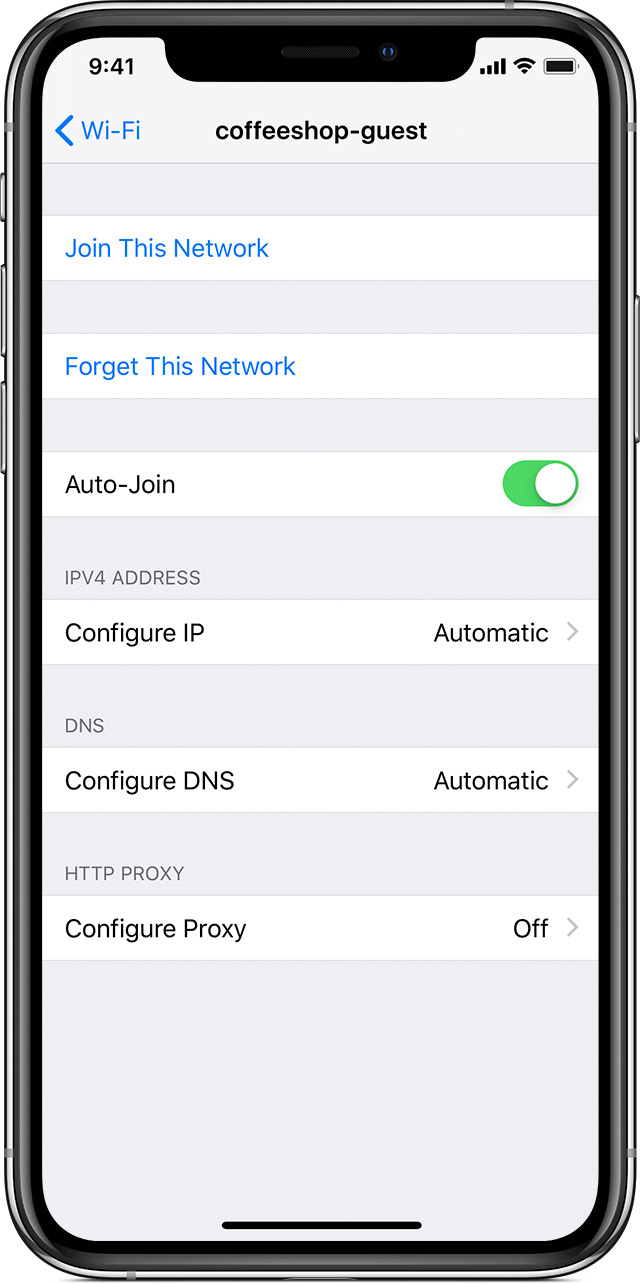...
| Expand |
|---|
| title | Click here to expand instructions... |
|---|
|
- Click on the WiFi icon that sits in the right end of the Taskbar
 - Find your network in the list and make sure you are connected. If you are connected, your network name will be displayed above the status of Connected.
 - If your situation does not match up to this guide so far, you may right-click on the same WiFi icon and choose Troubleshoot problems.
- If that does not fix your issue, you can try disabling your WiFi adapter and re-enabling it. This is equivalent to restarting your computer but localized to the WiFi hardware.
- Again right-click on the WiFi signal and choose Open network & Internet settings.
- Under Advanced network settings, click on Change adapter options.
- Right-click on the appropriate network adapter; it will likely have "WiFi" in its name.
- You may try the Diagnose option before restarting the adapter.
- Chose Disable and wait for the computer to process the change.
- Next, right-click and choose Enable to turn the adapter back on.
- If you were unable to follow any of these steps within Step 4, you may also restart your device to have a similar result.
- If above steps did not solve your issue, you can check that your device has been properly assigned a network address.
- In the same menu that was used in Step 4, right click on the WiFi adapter and chose Properties
- In the popup window, double-click on Internet Protocol Version 4 (IPv4) to open the properties.
 - Make sure that both automatic options are chosen. This allows your network's router to assign your device an IP address in order to send/receive data. Note: the non-automatic choice to used to connect directly to specific devices over the network without the help of a router.
 - Click Okay and then Okay again to close the popup windows. The network adapter will automatically restart in order to apply your settings.
If you're still having issues, please visit techsupport.uconn.edu to participate in a live chat or to open a ticket (email correspondence) and let them know that you have followed this guide to expedite your experience. |
MacOS
| Expand |
|---|
| title | Click here to expand instructions... |
|---|
|
|
...
| Expand |
|---|
| title | Click here to expand instructions... |
|---|
|
My Wifi WiFi network doesn't appear in the Wifi WiFi settingsCheck that Wifi WiFi is turned on- Open the Settings app. You can search for it by swiping downwards while on the home screen.
- Tap Wi-Fi to open the wifi WiFi settings.
- Verify that the slider next to "Wifi" to Wi-Fi is green indicating it is turned on.

Toggle Wifi WiFi on/offOftentimes, switching the wifi WiFi antenna off and back on will resolve wifi WiFi issues. - Open the Settings app. You can search for it by swiping downwards while on the home screen.
- Tap Wi-Fi to open the wifi WiFi settings.
- Turn off the wireless antenna by tapping the slider next to the "Wifi" Wi-Fi heading.
 - Wait a few seconds for the the wireless antenna to turn off, then tap the slider to turn Wifi WiFi back on.
- Wait a few seconds for available Wifi WiFi networks to appear.
| Info |
|---|
If you still need assistance please contact the ITS Technology Support Center, please visit techsupport.uconn.edu to participate in a live chat or to open a ticket (email correspondence) and let them know that you have followed this guide to expedite your experience. |
Forgetting a Wifi WiFi NetworkIf you are unable to connect to a wifi WiFi network that you were previously connected to , or are connected to wifi WiFi but the internet isn't working, you should try forgetting the wifi WiFi network. - Open the Settings app. You can search for it by swiping downwards while on the home screen.
- Tap Wi-Fi to open the wifi WiFi settings.
- If you are connected to a wifi WiFi network, you will see it's its name near the top of the screen with a check mark next to it. Tap the 'i' icon next to its name.
- Tap Forget Network.
 - You will be brought back to the wifi WiFi settings page. Tap the name of the network you wish to join and enter your network credentials if prompted.
|
...
When is it time to replace/upgrade hardware?
...







